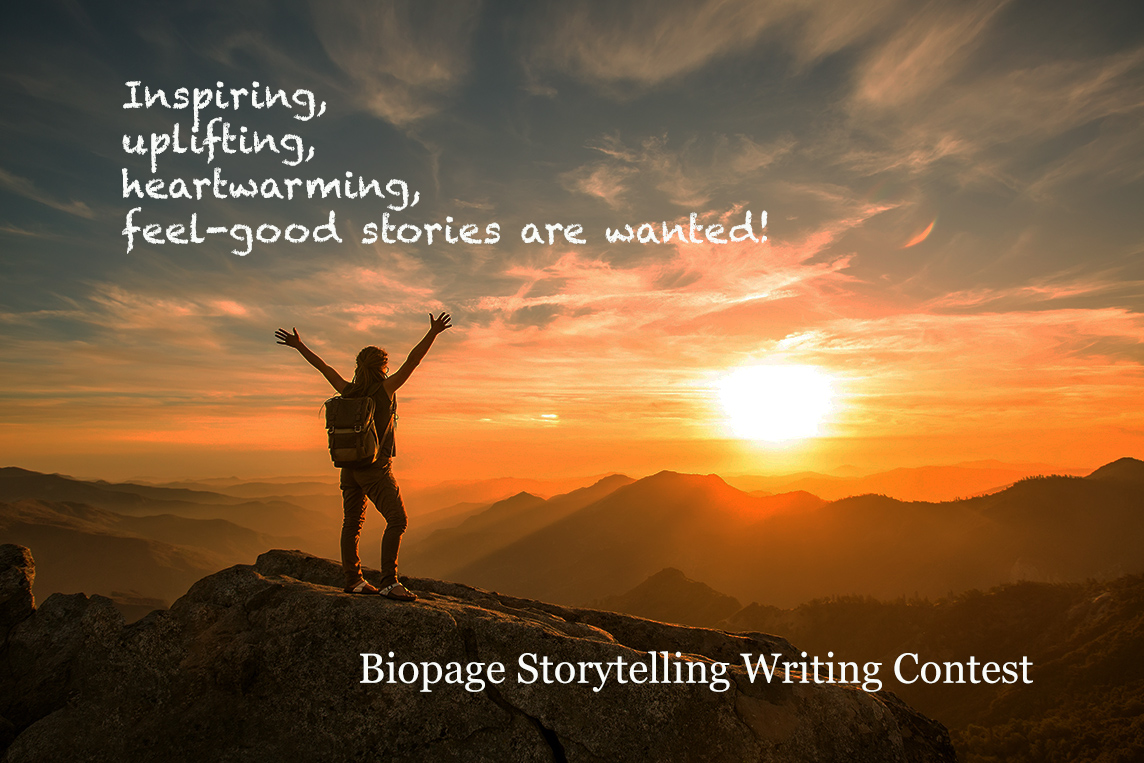-
Usernamennicoleangel
-
Password
Leave password field empty to keep your existing password!
-
Confirm Password


Nicole has been working on aiding people’s mental and financial wellness through her creative writing and graphic design for over six years. She hopes to inspire others to seek help while lessening the stigmatism for mental illness.

Humans: The Intangible Aspects That Define Us
Feb 05, 2018 7 years agoThe diverting attribute of defining a human, is that there are different answers from each person depending on views, beliefs and culture. One would think because each human has most or all of the intangible aspects that we would have all the same views, beliefs and cultures when this is not always the case. Cultures are different since we have our own structure of beliefs that only we know, therefore our ideology is different because it underlies the customs, practices and habits common to a culture that follows their own set of rules. What best describes a human being is the intangible rather than the tangible due to the fact our close relatives the Family Hominidae possess the main physical qualities. But what really separates us from them? Humans as a whole in society, and how they interact with one another, provide an overall picture of how humans in society are different than the Family Hominidae. One human interrelating with other humans creates what society depends and thrives on, the birth of a community. The root of society is education; where the rules of the world are learned, explored and improved upon. Education facilitates students no matter the profession they choose; be it doctor, teacher, factory worker or sanitary engineer. They are all professions that perform a necessary and important service or produce a needed product. Therefore, an aspect of being human is helping others and oneself by learning and going into their chosen vocation. Humans also have epiphanies to improve, such as the cure for death is life; living a fulfilled life in order to change one's own life or other people's lives for the better (Brown). While Family Hominidae teaches by example and sound, they greatly lack in text and image aspect of teaching. Plus, they only learn to survive. The Family Hominidae's epiphanies only consist of realizing the need to move because of water or food depletion or the presence of increased predators in their habitats. This survival action is based on the animal's instinct rather than human reasoning of analysing the situation and the deduction of a rational solution. As a result of our brain capacity, we as humans have to do much more than survive, and to keep us living to the next day. Therefore, we need meaning and purpose in our lives. The desire and want for meaning in our lives invokes the intangible features of being a human because we have a need to analyse and evaluate every situation or option. We are able to reason and rationalize because we investigate and assess, then comprehend that both options have equal pros and cons. Take for example technology, it has great aspects but also has its downfalls (Ong). In order to assess, we have to have the ability to critically think and reflect about the consequences and how it will affect others, us, and society. To question our meaning we must question our habits that affect our way of life. What Mouse articulates in The Matrix is true, because “to deny our impulses is to deny what defines us as human”, which means the female in the short story, Hills like White Elephants, will either bring up the subject of children again or leave the situation all together. In a loving relationship, the couple will support each and thoroughly discuss an issue like having children because humans need to analyse and evaluate before coming to a mutually satisfying conclusion. As a result of wanting to improve one's situation or society, humans criticize others and their environment as Shelby Lee Adams discovered quickly when creating his video and photography documentation on the people of Appalachia. Consequently, the criticism causes some humans to adapt to their surroundings even more, trying to understand the new society's customs (Divakaruni). The need and requirement to adapt is rooted from the desire to learn because humans “look for a challenge” (Petit). The desire to adapt to an ever changing world also is the foundation for humans to strive to make their lives easier which results in creating innovative technologies. When we can better examine what intangible aspects affect us more prominently than other characteristics, we will realize what defines us as an individual human being. This act will ultimately affect individuals, and as a society to mature in a certain direction depending on the variations of the levels of the intangibles. The interlinking of the intangibles assembled from the texts is what defines humans is the desire to change ourselves or society for the greater good, no matter what that ‘good' is perceived to be in that certain culture. What sets humans apart from animals does not truly define us, “but what is uniquely self-organizing in us and which unifies the whole human being” (Wiles). The interesting aspect about the question as to what defines us is that it is always changing as we adapt and revolutionize society.







